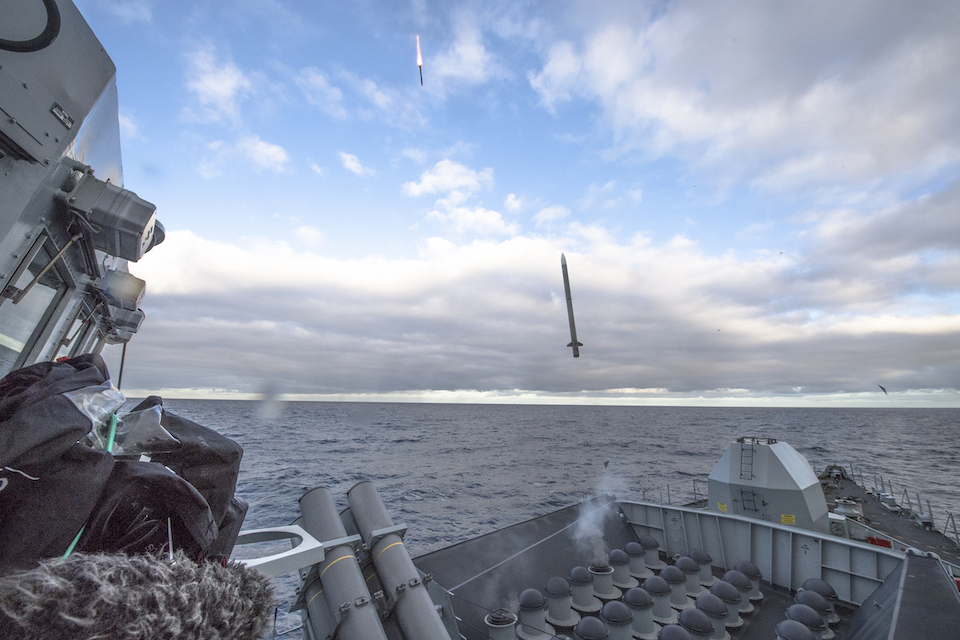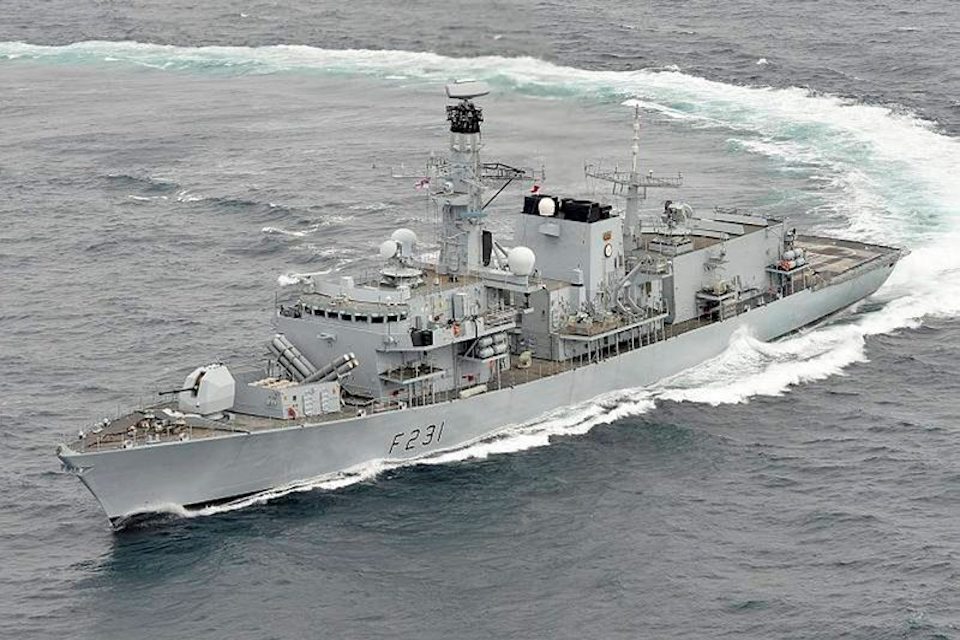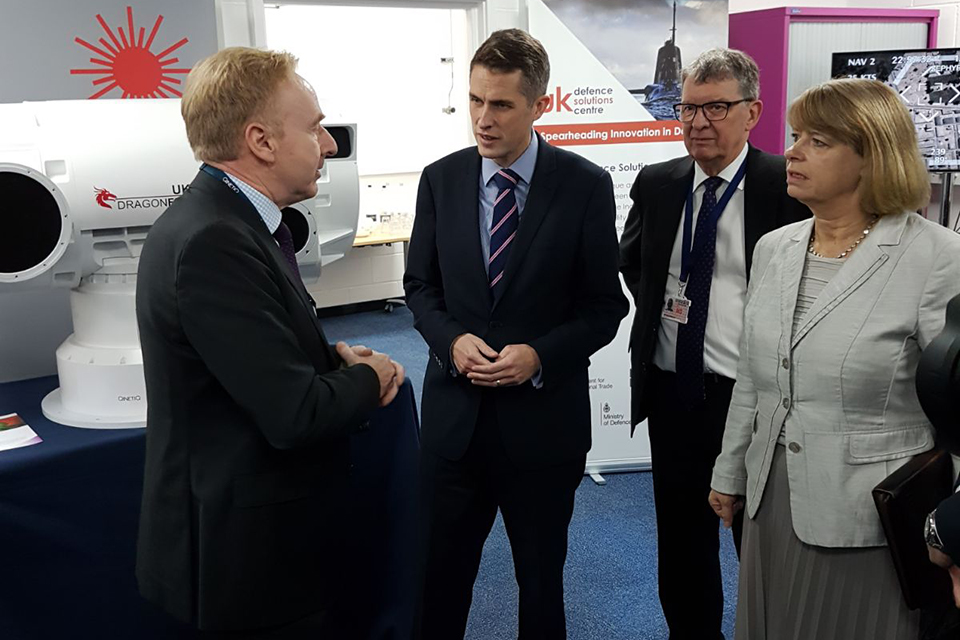News story: Defence Secretary wishes troops Merry Christmas while in Poland on NATO visit
Gavin Williamson said the UK personnel working in Poland as part of NATO’s enhanced Forward Presence (eFP) deployment reflected Britain’s global outlook, unconditional commitment to collective Euro-Atlantic security and further highlighted NATO as the cornerstone of UK defence. These UK personnel are part of the US-led eFP battlegroup in Poland, while the UK continues to lead our own eFP battlegroup in Estonia.
The Defence Secretary travelled to Poland with the Prime Minister and other Cabinet members to sign a Defence and Security Cooperation Treaty at the Inter-Governmental Consultations in Warsaw, deepening the close UK-Polish relationship.
He then travelled on to Orzysz, also in Poland, meeting around 150 UK personnel from the Light Dragoon’s, who have been working closely with forces from the US, Poland, Romania and Croatia.
Defence Secretary Gavin Williamson said:
We live in a world where the threats and dangers we face are constant, evolving and increasingly challenging. We have to be highly professional and deeply committed to counter the intensifying aggression aimed at Britain and our allies.
That is why I’m so grateful to our brave men and women in the Armed Forces, working around the clock to keep us safe while so many of us spend time with friends and family over the Christmas period.
The United Kingdom will always play a global and leading role in major alliances such as NATO. I’m proud to have met our inspirational personnel here in Poland making such an important difference alongside key friends and partners like Poland and the United States.
The Light Cavalry Squadron, who will be deployed over the festive season, are supporting Polish forces to enhance NATO’s deterrence posture, while benefiting from training alongside US and Romanian allies, building a strong multi-national battlegroup.
Colonel Giles Harris DSO MBE, Commander CABRIT, said:
As we celebrate Christmas and New Year’s, I hope everyone deployed on OP CABRIT in Estonia and Poland can reflect on how much has been achieved this year in support of NATO and our partners.
Their efforts and commitment have been outstanding and I am extremely grateful for all they, and those back in the UK, have done in support of the mission. The positive impact of our presence here should not underestimated.
I would also like to thank the families and friends at home too – as ever, they are hugely important in our success. So from all of us deployed on operations in the Baltic states and Poland, we wish you a happy Christmas and New Year.
While in Poland he also praised thousands of Armed Forces personnel working in many other operations around the globe over the Christmas period. More widely, more than 5,000 sailors, soldiers, airmen and marines will be working over the festive period, involved in 25 operations in more than 30 countries ranging from Iraq to the South Atlantic.
As well as around 150 UK personnel working in Poland around 800 British personnel are deployed on the UK led eFP deployment in Estonia. Further afield, currently around 1,000 people are working to fight Daesh and train the local security forces from locations in Iraq and the wider Middle East as well as from RAF Akrotiri, Cyprus. In the Caribbean, RFA Mounts Bay joins other Royal Navy warships also deployed over the festive period.
UK Air Component Commander, Air Commodore Roddy Dennis, based in the Middle East alongside NATO allies, had this message for everyone at home in the UK and across the globe:
On behalf of all the personnel from 83 EAG currently deployed on Op SHADER and Op KIPION in the Middle East, I would like to send season’s greetings to everyone in the UK and abroad. Even though we are away from our homes, families and friends this festive season, we will all be celebrating Christmas in traditional Armed Forces’ fashion together with personnel from across the Coalition.
I would like to thank everyone under my command for their service and everyone at home for the support they continue to give us, our mission would be impossible without it. We wish you all a very Merry Christmas and a happy and prosperous New Year.
Since 1969 the UK has had a submarine on patrol for every minute of every day, providing the UK’s nuclear deterrent and this Christmas is no different.
In the South Atlantic, over 1000 personnel are stationed in the Falkland Islands. In Afghanistan, troops from the Army and other Services are training Afghan National Security Forces.


